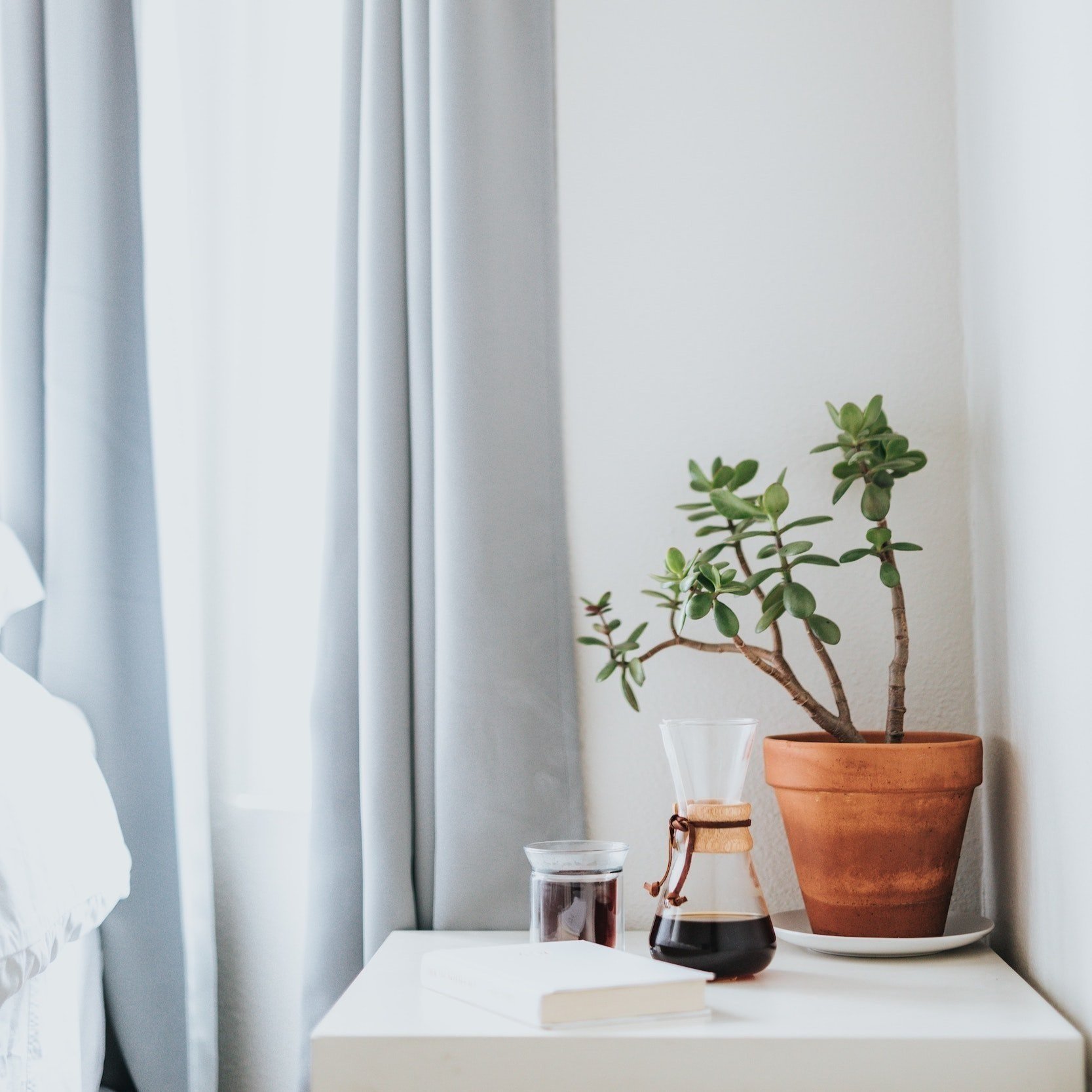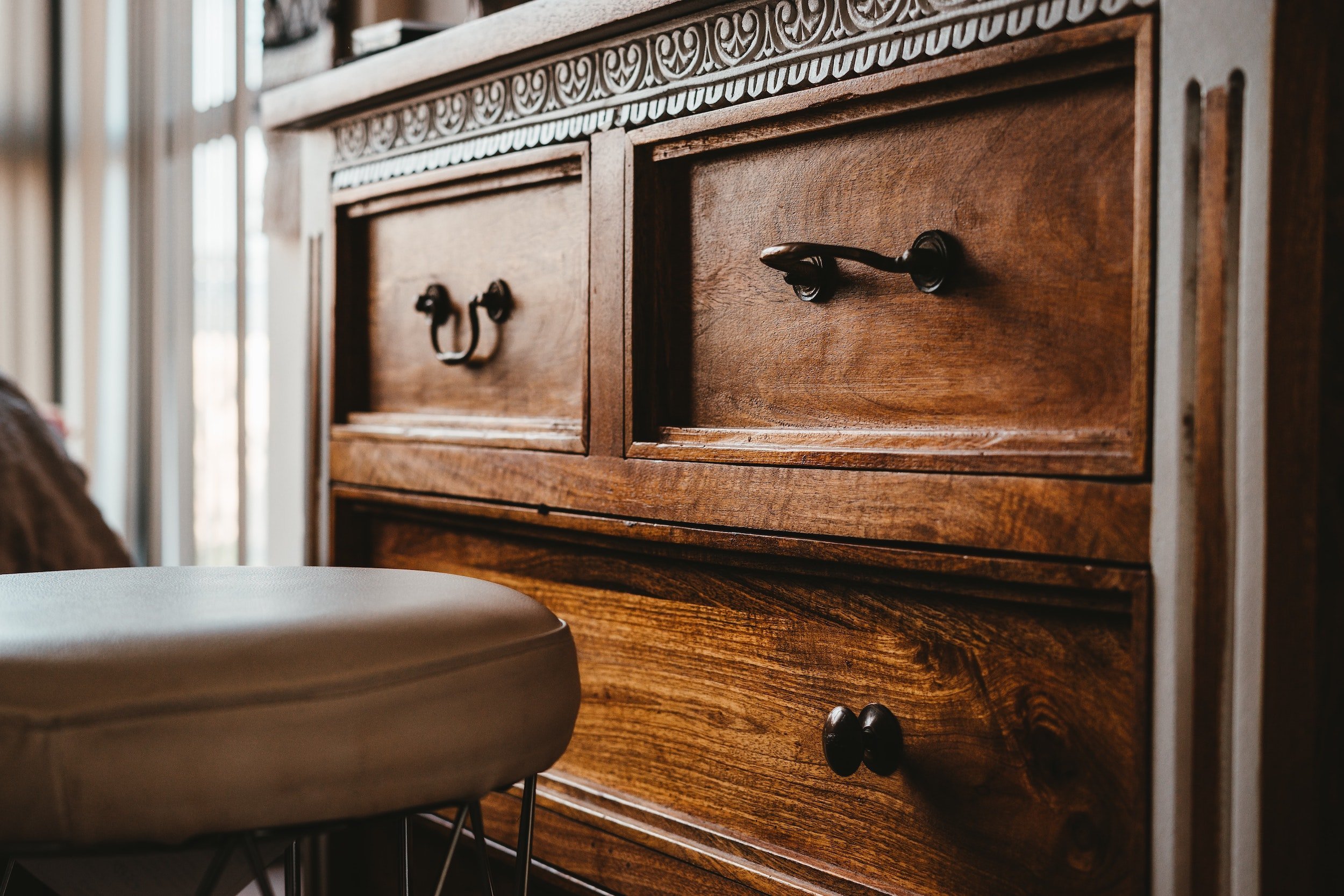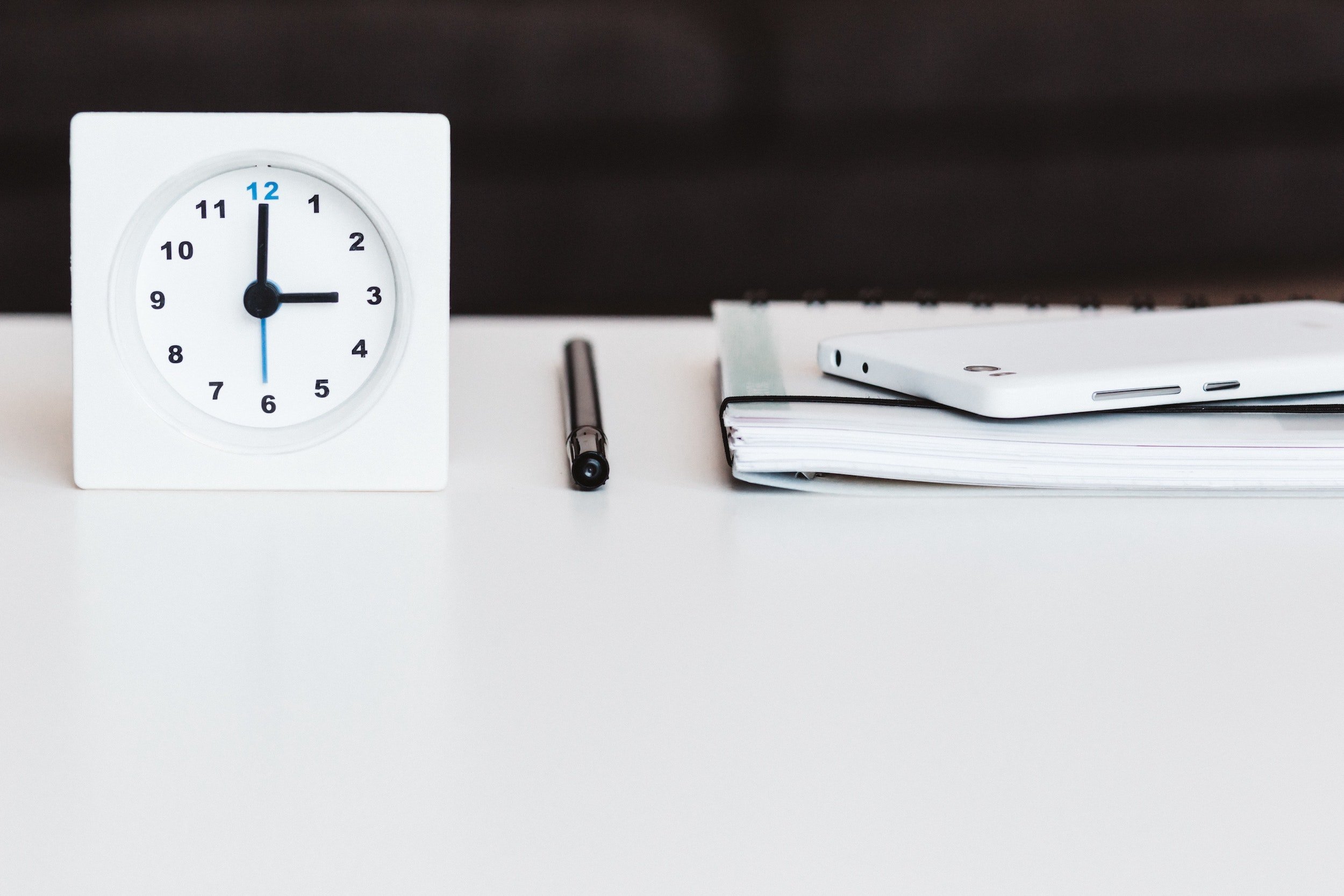Creating a Productive Home Office
In today's increasingly remote and hybrid work environment, having a well-designed home office is more important than ever. A thoughtfully organized workspace can significantly boost your productivity, enhance your work-life balance, and create a more enjoyable work-from-home experience. As a professional organizer, I've helped numerous clients transform their home offices into efficient and inspiring spaces. Here are some key insights to help you create your own productive home office.
Choose the Right Location
The first step in creating a productive home office is selecting the right location. Ideally, your workspace should be:
Separate from your living areas to maintain work-life boundaries
Quiet and free from distractions
Well-lit, preferably with natural light
Spacious enough to accommodate your work needs
If you don't have a spare room, consider converting a guest room, utilizing a quiet corner of your living room, or even transforming a closet into a compact office nook.
Optimize Your Storage
Clutter is the enemy of productivity. Implement smart storage solutions to keep your workspace organized:
Use vertical space with shelving units or wall-mounted organizers
See if you can go paperless and invest in a fireproof bag for important documents. We like this one.
Keep the items on your desk simple to give ample space to spread out
Consider cable management solutions to reduce visual clutter
The goal is to have a place for everything and keep everything in its place.
Create an Inspiring Atmosphere
Your home office should be a space that motivates and inspires you. Consider these elements:
Choose a color scheme that promotes focus and creativity
Add some greenery with low-maintenance plants
Display artwork that inspires you
Personalize your space with meaningful items, but avoid cluttering your desk
Establish Boundaries
Creating a productive home office isn't just about the physical space—it's also about setting clear boundaries:
Establish set work hours and stick to them
Create a "work mode" ritual to signal the start and end of your workday
Communicate your work schedule to family members or roommates
Take regular breaks and step away from your workspace. Research has shown that breaking up eight hours of sitting with 10 squats every 45 minutes led to a bigger drop in our blood sugar than going for a 30 minute walk. The thinking is that more regular movement is better.
Regular Maintenance
Finally, remember that maintaining an organized and productive home office is an ongoing process:
Set aside time each week for tidying and organizing
Regularly reassess your setup and make adjustments as needed
Declutter periodically to prevent accumulation of unnecessary items
Creating a productive home office is an investment in your professional success and personal well-being. By thoughtfully designing your workspace, you can boost your productivity, enhance your work-life balance, and create an environment that supports your professional goals. Remember, everyone's ideal workspace is different, so don't be afraid to experiment and find what works best for you. If we can help, please don’t hesitate to reach out!








